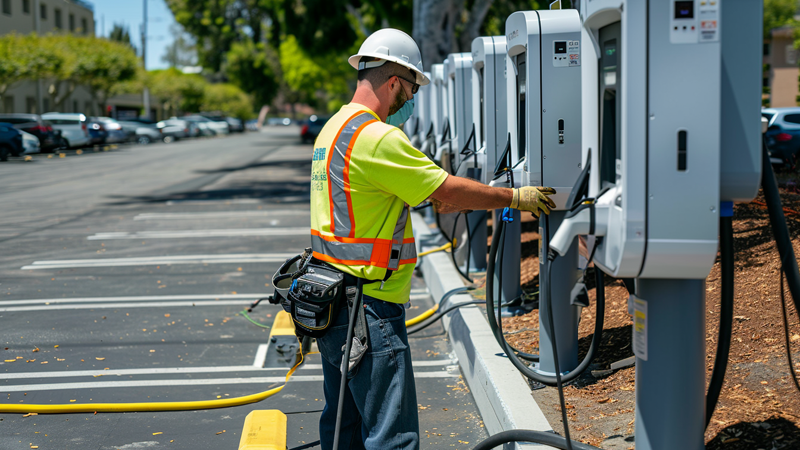Researchers at the University of Colorado have made a groundbreaking discovery that could revolutionize the way we charge our electronic devices and electric vehicles. A new charging technology developed by UC chemical engineers promises to charge your phone in just 60 seconds and your electric vehicle (EV) in about 10-12 minutes. This breakthrough is detailed in a study published in the Proceedings of the National Academy of Sciences, where UC researchers explain how they stored energy by moving charged particles, or ions, through tiny pores inside a supercapacitor.
Supercapacitors are an attractive option for fast charging due to their potential for much faster charging than traditional batteries. Ankur Gupta, an assistant professor of chemical and biological engineering at UC, highlighted the primary advantage of supercapacitors: their speed. By increasing the efficiency of ion movement, researchers were able to achieve much faster energy release, resulting in quicker charging times. However, there are still obstacles to overcome before this technology can be widely implemented.
One major challenge is that current electric vehicles are powered by batteries, which have significantly longer life spans and can hold up to 10 times more charge than supercapacitors. This means that EVs equipped with supercapacitors would require more frequent charging. Additionally, supercapacitors have the disadvantage of leaking power when not in use, as reported by Car Magazine.
Despite these drawbacks, researchers are hopeful that their findings could pave the way for faster charging of all types of electric devices and increased acceptance of electric vehicles. While the technology may not be immediately available for current EVs, it holds promise for the next generation of electric vehicles.


